Benefits of wearing a sport mouth guard
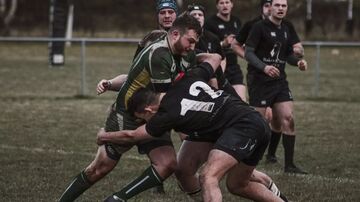
As we begin the start of a new school year, there is one very important item that you must not miss off your back to school list if your child is a keen sports player: a sports mouth guard.
Dental injuries are the most common type of facial injury in sports. Not wearing a mouth guard can lead to injuries such as breaking a tooth, lacerating your lip or gums, or breaking your jaw. Mouth guards not only protect the teeth but the jaw as well.
Often, children will refuse to wear a mouth guard because of speech or breathing difficulties that occur when exercising. They may also avoid mouth guards because they are concerned how they’ll look while wearing the protective gear. Although a mouth guard may not be the most popular choice, it could be the most important one they make.
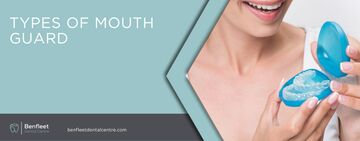
Types of mouth guard
The most effective mouth guard is resilient, tear resistant and comfortable. It should fit properly, be durable, easy to clean and should not restrict speech and breathing.
Stock
Available in small, medium and large, these mouth guards are worn as sold. They tend to be quite uncomfortable and offer the least protection of all types of mouth guards.
Boil and Bite
These can be found in most sporting goods store. They do what they say, you boil the mouth guards for 30-60 seconds and then bite down on it to mould it to your teeth. This can be repeated until you get a proper fit.
Custom made mouth guard
A custom-made mouth guard created by your dentist is considered to be the most comfortable and protective option.
Choose a mouth guard that works best for your and is the most comfortable. ANY MOUTH GUARD IS BETTER THAN NO MOUTHGUARD.

Reasons to wear a mouth guard during contact sports
1. Mouth guards help avoid tooth displacements, fractures, and chips
Mouth guards prevent your teeth from cracking or breaking. A misplaced elbow may cost hundreds (or even thousands) of pounds in dental repair. Wearing a mouth guard creates a barrier between that elbow and your teeth, taking the brunt of the blow and distributing the force to more area, preventing broken or knocked out teeth.
2. Prevent permanent facial scarring
A direct hit to the mouth may not knock out or break a tooth, but it could cause you to bite directly into the soft tissue of your mouth. Not only could this displace a tooth, it could potentially require you to need stitches and leave you with a scar. Tongue and cheek injuries from teeth are common oral injuries in sports. Children with braces are especially susceptible to these injuries. A mouth guard for braces helps protect cheeks and gums from cuts.

3. Stop jaw fractures
On top of broken teeth and tissue damage, a mouth guard protects against possible jaw fractures. Without the flexibility of a mouth guard to displace the force, the force simply becomes too much for your jaw to handle. A direct blow to the head that causes your teeth to bang together can put too much pressure on jawbones, resulting in breaks or fractures. The mouth guard acts as padding, saving your jaw from fractures that require surgery.
So, if your child is playing sport this autumn, make sure their chance of suffering a dental injury is greatly reduced by having a properly fitting mouth guard. Call Benfleet Dental Centre on 01702 557766 to book an appointment today!
Contact us to make an appointment

Related news from the practice
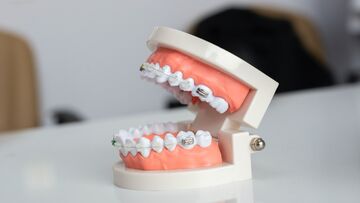
Teeth Straightening and Its Benefits
20/11/2023

Mouth Cancer Action Month
04/11/2023
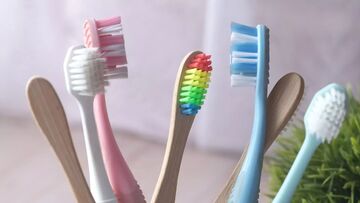
For every toothbrush there is a season
06/10/2023
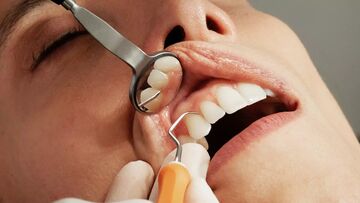
How often do you need a dental check-up?
03/08/2023

Visit the practice
Benfleet Dental Centre
8 Benfleet Road, Benfleet. SS7 1QB
Opening times
| Monday | 08:00 - 17:00 |
| Tuesday | 08:00 - 18:30 |
| Wednesday | 08:00 - 17:00 |
| Thursday | 08:00 - 17:00 |
| Friday | 08:00 - 17:00 |
| Saturday | 09:00 - 14:00* |
| *By appointment only |

